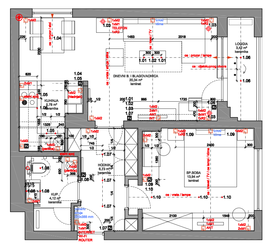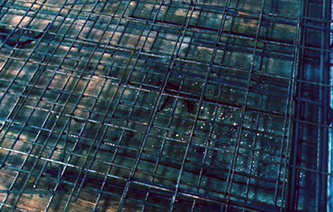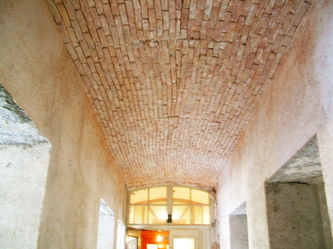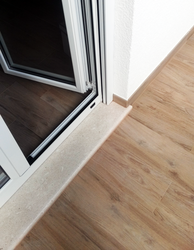“Recognizing the need is the primary condition for design.” Charles Eames
|
i·de·a / īˈdēə/
noun noun: idea; plural noun: ideas; noun: the idea
late Middle English (sense 3): via Latin from Greek idea ‘form, pattern,’ from the base of idein ‘to see.’ |
|
plan /plan/
noun noun: plan; plural noun: plans
verb: plan; 3rd person present: plans; past tense: planned; past participle: planned; gerund or present participle: planning Origin late 17th century: from French, from earlier plant ‘ground plan, plane surface,’ influenced in sense by Italian pianta ‘plan of building.’ Compare with plant. |
|
de·tail·ing /ˈdētāliNG,dəˈtāliNG/
noun noun: detailing
dəˈtāl,ˈdētāl/ verb gerund or present participle: detailing Origin early 17th century (in the sense ‘minor items or events regarded collectively’): from French détail (noun), détailler (verb), from dé- (expressing separation) + tailler ‘to cut’ (based on Latin talea ‘twig, cutting’). |
|
con·struc·tion
/ kənˈstrəkSH(ə)n/ noun noun: construction
late Middle English: via Old French from Latin constructio(n-), from construere ‘heap together’ (see construct). |
|
prod·uct / ˈprädəkt/
noun noun: product; plural noun: products
Origin late Middle English (as a mathematical term): from Latin productum ‘something produced,’ neuter past participle (used as a noun) of producere ‘bring forth’ (see produce). |
"Excellence is not a skill, it's an attitude."
























































































